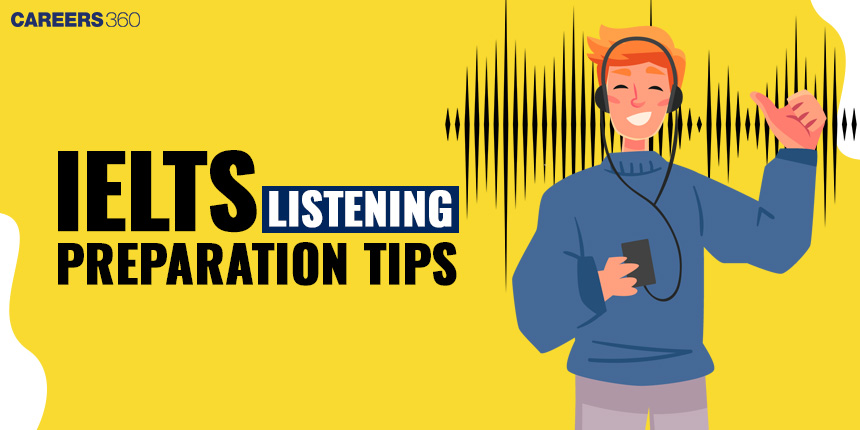| Question Type 1 – Multiple-choice |
| Overview | In MCQs, the candidates will be given 3 options: A, B, and C. They will be asked to find the most suitable answer from the recording that is being played. Almost all of the listening IELTS practice tests available online have MCQ question samples in them. |
| What skills are required? | This type of question tests various listening skills (such as detailed understanding) and the alertness of the candidate. |
| Question Type 2 – Matching |
| Overview | In this type of question, the candidates are required to match the set of items in column A with the set of items in column B. Practising more IELTS listening practice sets can help the candidates ace this test. |
| What skills are required? | This type of question tests the abilities of the candidates to understand the relationship between the different entities in a conversation. |
| Question Type 3 – Plan/map/diagram labelling |
| Overview | In this type of question, the candidates are asked to complete labels on a visual, which may be:
a diagram
a group of pictures
a plan
a map
The candidates should:
Choose the answers from a list given on the question paper and then write the correct corresponding letter on the answer sheet
Select words from the recording that match into the gaps provided on the question paper by following the words or letter limits specified on the question paper without changing any words or adding any extra words on their own. |
| Question Type 4 – Form/note/table/flow chart/summary completion |
| Overview | In this type of question, the candidates are asked to fill in or complete a part of the conversation given on the question paper. It can be
A form: This is used as a substitute for various information such as a name, place, date etc.
A set of notes: used to summarise the recording and establish a relationship between multiple concepts.
A table: used to summarise information which can be further subdivided into more categories, e.g. place/time/price
A flow chart: used to summarise the flow of events in a process, with the direction of the process represented by arrows.
The candidates must adhere to the word limits set by and answer the questions accordingly |
| What skills are required? | The analytical and reasoning skills of the candidate are put to the test |
| Question Type 5 – Sentence completion |
| Overview | Candidates must read the question's sentences and highlight the key ideas to answer this kind of question. Each sentence will have a gap that they must fill in with information from the recording.
These types of questions are very frequent and are seen in almost every set of IELTS listening sections |
| What skills are required? | This type of question focuses on the ability of the candidates to identify the pivotal information in a recording. |
| Question Type 6 – Short-answer questions |
| Overview | In this type of question, the candidates have to read the question and write a short answer using information they have listened to from the recording. |
| What skills are required? | This type of question focuses on their ability to pay attention to vital information presented in the recording, such as facts, place names, prices or times, dates and famous anecdotes heard in the recording. |
